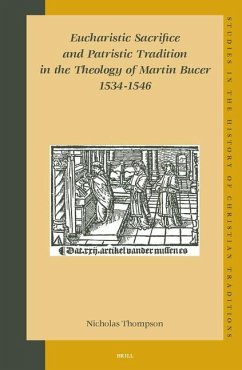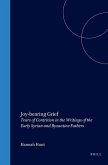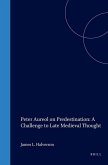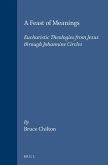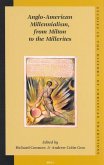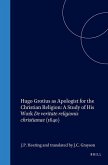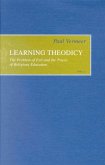Luther described the Mass as the "greatest and most horrible abomination" of the papal church. On this, he argued, nothing could be surrendered. However, during the 1530s and early 1540s, the Strasbourg reformer Martin Bucer (1491-1551) sought rapprochement with the Catholics on precisely this matter. This book looks at Bucer's overtures to Catholic moderates in the era of the religious colloquies. He proposed to circumvent the Reformation impasse by returning to the Eucharistic theology of the church fathers and early scholastics. These efforts culminated in the Eucharistic articles of the "Worms-Regensburg Book (1541). Bucer's falling out with the same Catholics in aftermath of the Colloquy of Regensburg reveals the extent to which the agreed articles were based on misunderstanding as well as the considerable common ground that continued to exist between them. In its examination of this most fraught of Reformation debates, the book also sheds light on Bucer's ecumenical theology and his aspirations for a reunion of the German and European churches.

